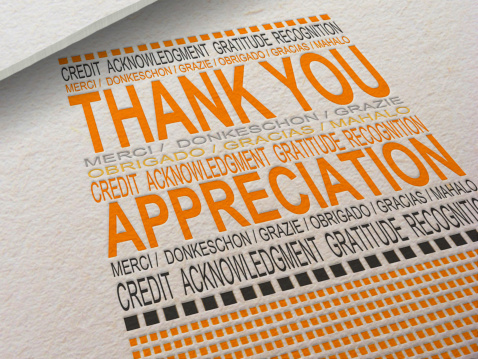What You Should Do Today

Of the many execrable things that happen to you when you approach 60, the recognition of mortality is the worst. You can’t avoid it. People you know – even friends and family members – are seriously sick or dying.
I see death is a hateful thief. I know he will steal life from me eventually, but I don’t want him to come any time soon. There is too much I want to do. Too many goals I have yet to reach. And too many relationships I want to enjoy.
You probably feel the same way.
There is a book called The Denial of Death. It makes the case (a convincing one) that, in order to go forward with our lives, we must keep death out of mind because of the fear of nonexistence.
If you have ever contemplated the end of your being, you will find this argument compelling.
We must believe in our vitality if we are to have any. Success in the material world requires it.
We are here to succeed in living. And that means believing the impossible – that we can do all things and live forever.
That is the feeling I want you to have. But it’s not always possible. When your friend walks into the room looking like a skeleton in clothes (his flesh thin, his eyes bulging), the doors of depression unlock.
A colleague told me his former partner has lung cancer. “I’ve known him since high school,” he said. “We played on the same team, we dated some of the same girls, and we built a business together. But now he’s dying and I can’t do anything about it.”
“So how does it make you feel?” I asked.
“It makes me sad, but in some ways it’s been good for me,” he said. “I wake up every morning and say, ‘I’m alive! I’m healthy! Thank you! Thank you!’ I get a scratch on my new car. Who cares? My next door neighbor is a jerk. So what?”
That made a lot of sense to me.
Facing the inevitability of death changes your perspective.
Your Mission, Should You Choose to Accept It…
This is Thanksgiving week. If you ask the typical American what Thanksgiving is about, he’ll mention food and friends and football. But not thankfulness. Nobody takes that part of the holiday too seriously.
You should. It will make your life better. It will slow things down and bring what’s important into focus. It will give you both energy and tranquility.
Here are three ways to do it:
1. Spend 15 minutes by yourself.
Take a walk. Find a peaceful place. Breathe slowly. Look around. Recognize that one day – sooner than you can believe – you will not exist any more. You will not be around to breathe the clean air, feel the sun on your skin, and see the things you find beautiful. You will not be around to hear the sound of your lover’s sigh, your children’s voices, and your best friend’s laughter.
Try to get, as clearly as you can, a sense of your own mortality. Try to stop, if only for a few moments, a fundamental aspect of consciousness – the denial of death.
2. Think about all the things you should be thankful for.
These are things you might have forgotten. But accepting your mortality should bring them back into focus. If you are healthy, that will probably be high on your list. If you have friends and family members you care about, they will be up there too. If you have had material success, you may put that on your list too – but certainly beneath health, family, and friendship.
3. Make a resolution that, from now on you will spend a moment every day contemplating your mortality and then waking up to your life and all the blessings you can enjoy while you are living.
“Gratitude,” said Cicero, “is not only the greatest of virtues, but the parent of all the others.”
Think about it…
[Ed Note: Mark Morgan Ford was the creator of Early To Rise. In 2011, Mark retired from ETR and now writes the Palm Beach Letter. His advice, in our opinion, continues to get better and better with every essay, particularly in the controversial ones we have shared today. We encourage you to read everything you can that has been written by Mark.]